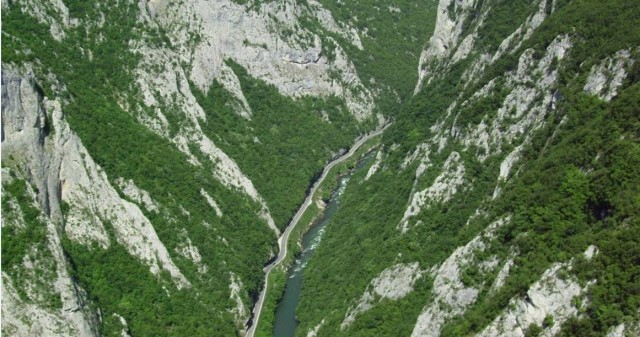
After a ten-year wait, citizens in Bosnia and Herzegovina are celebrating after plans for two large hydro power plants in the north of the country were quietly cancelled – allowing the Vrbas River and its nature to flow untrammeled.
There has been mass public opposition and protests against the project since the government of the Republika Srpska (RS) administrative entity signed concession agreements with the company HES Vrbas for the plants in 2004.
Friends of the Earth Bosnia & Herzegovina /Center for Environment first heard about plans for two large hydro dams a short distance upstream of the regional capital city of Banja Luka in October 2004, after they appeared on the agenda of the RS government.
Yet the plans were out of date, dating from the 1990s, with no impact assessment on the local environment, resources, or tourism industry – despite being situated in a planned protected area.
A Coalition for Vrbas River Protection quickly sprang up comprising around 30 local NGOs, and they rallied more than 5,500 people to sign a petition against the hydro plans, but their words fell on deaf ears.
Read more on the website of Friends of Earth Europe




